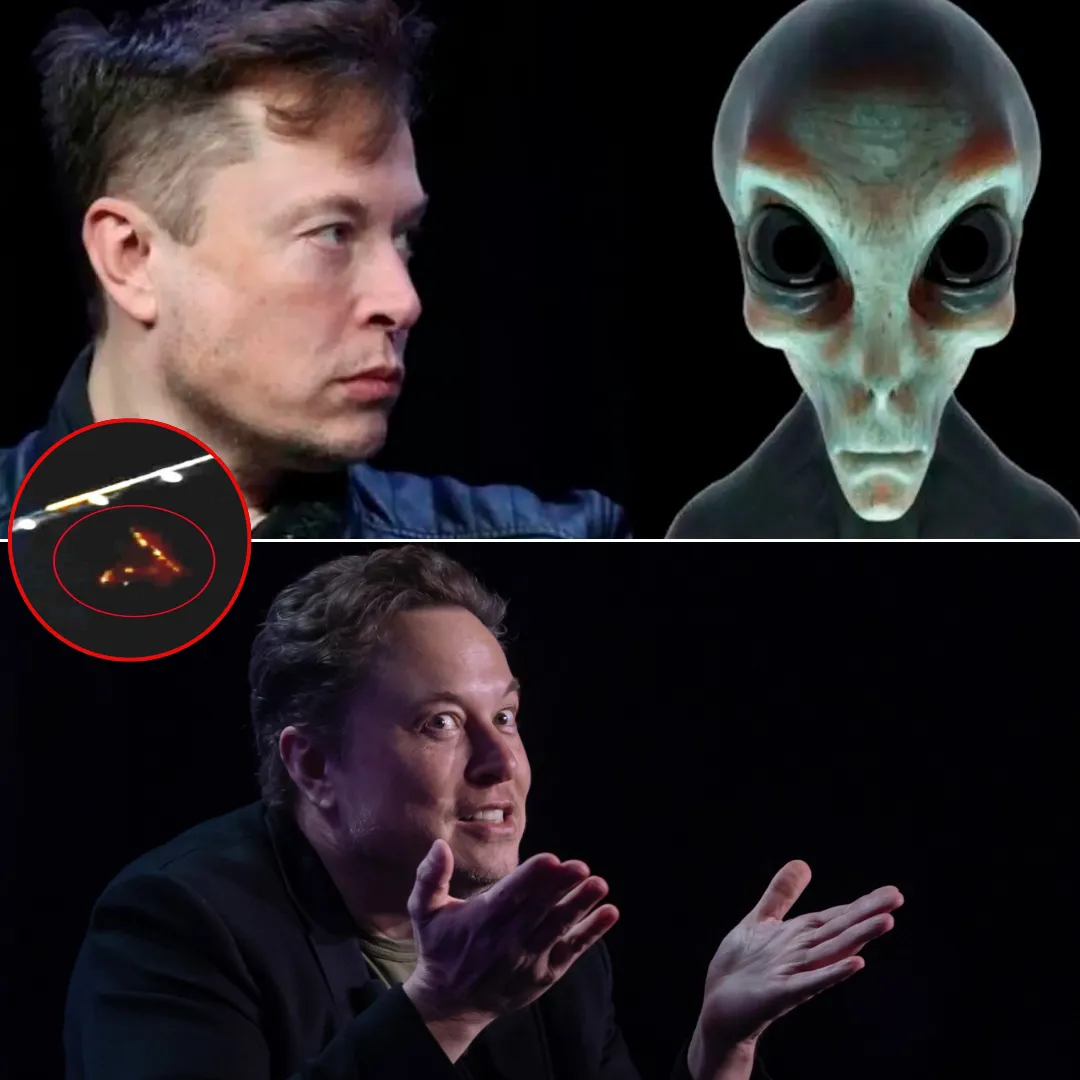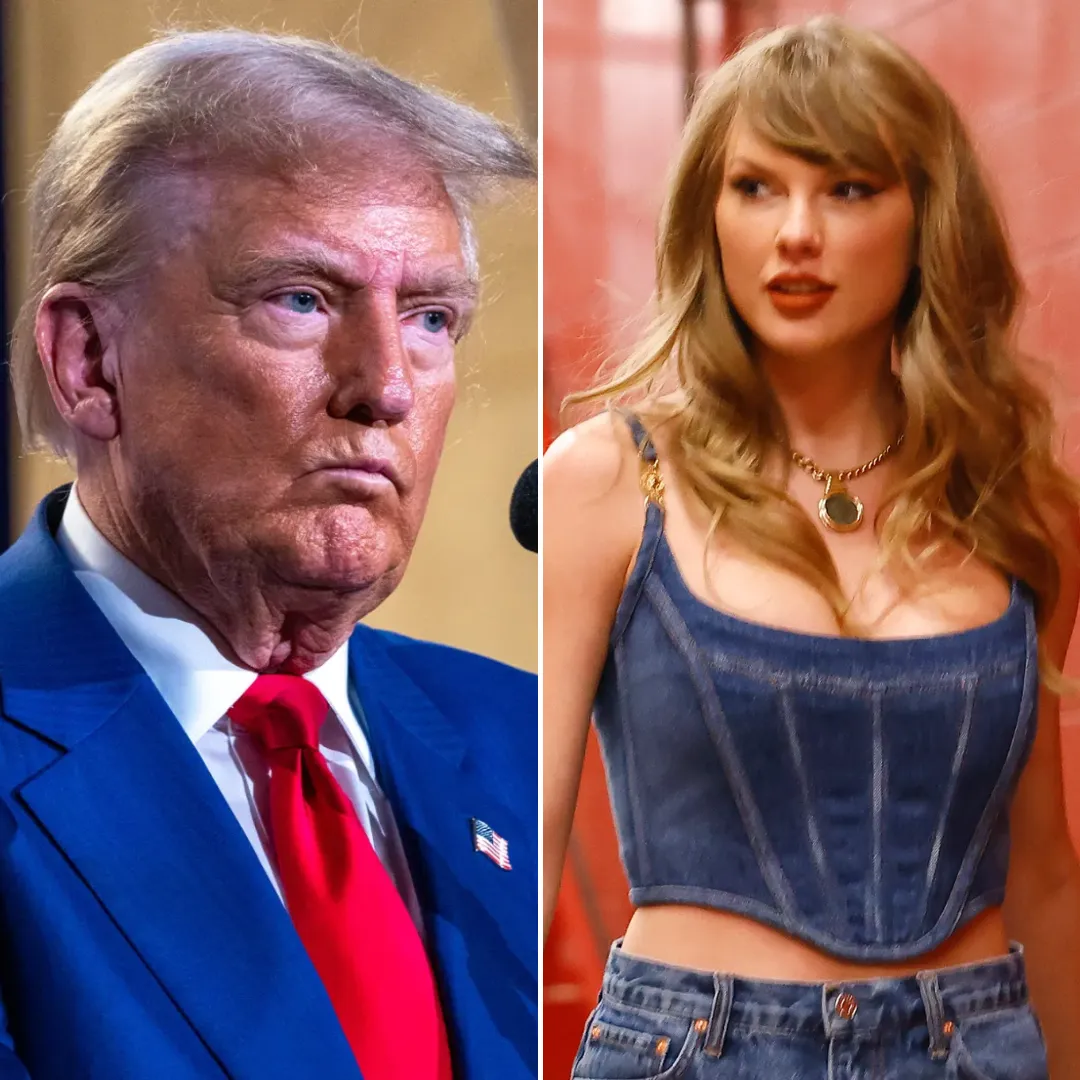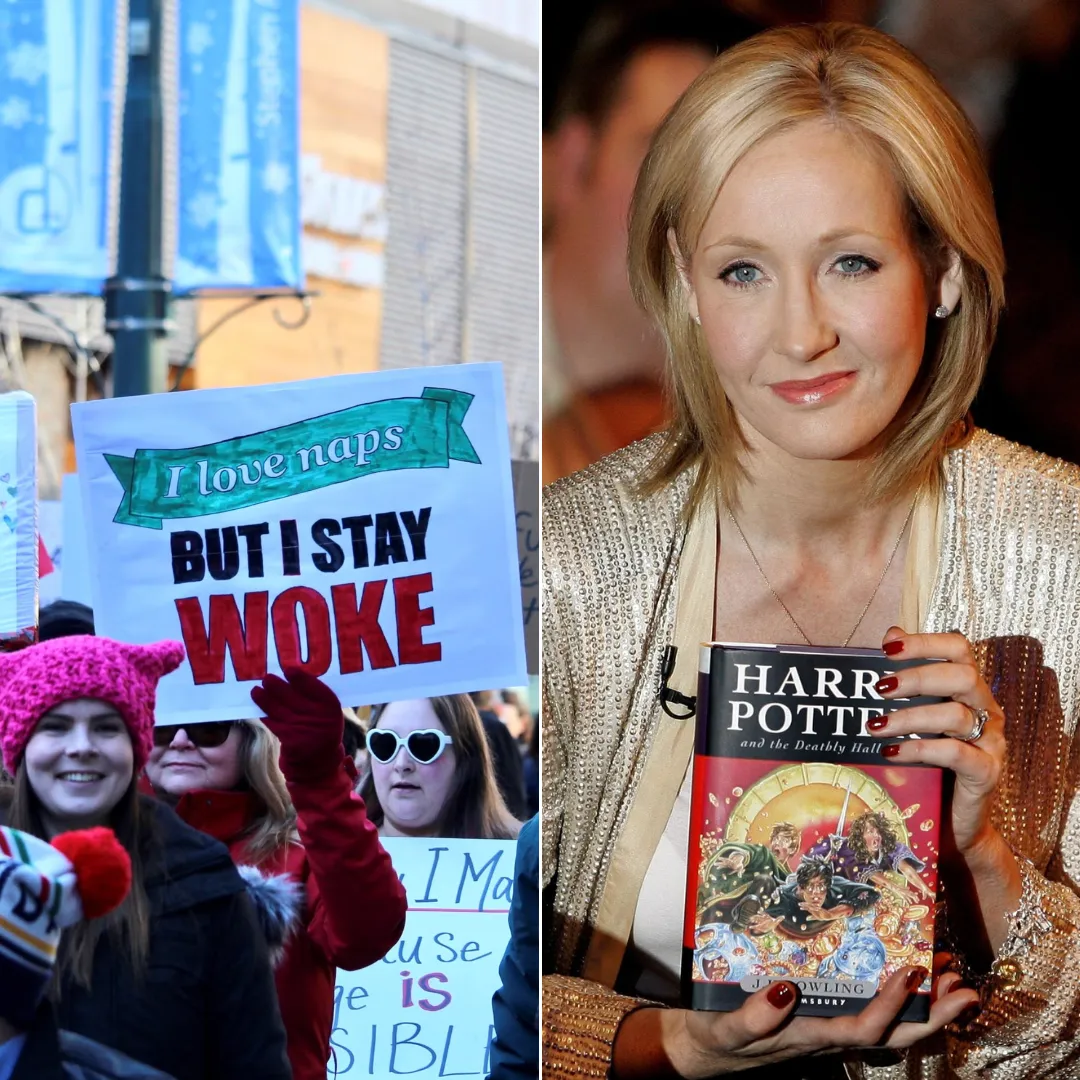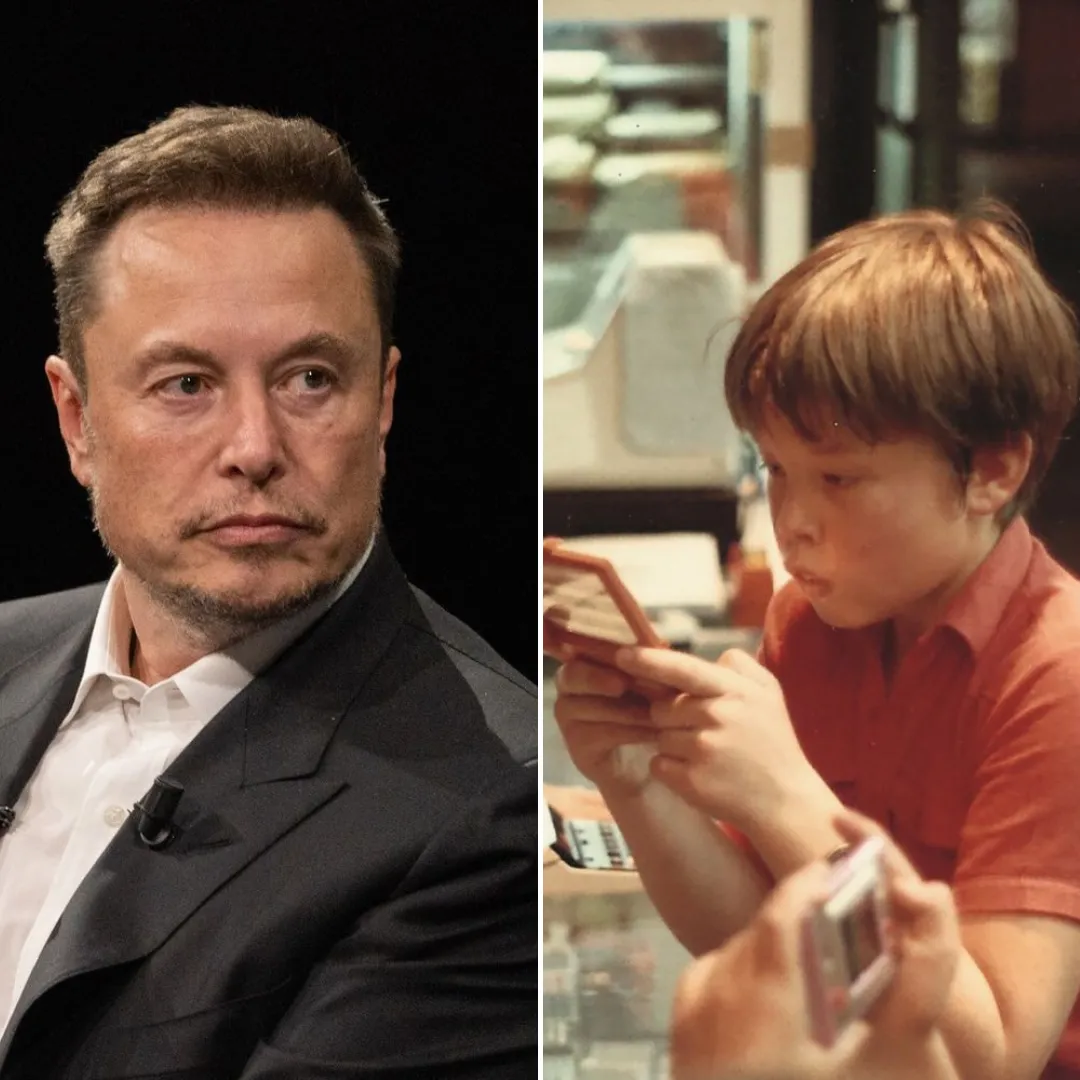
As Tesla grapples with an uncertain future marked by slowing sales, plummeting profits, and an increasingly distracted CEO, a crucial question now shadows the electric vehicle giant’s boardroom: who will take the wheel if Elon Musk steps away? Although Musk retains strong influence and a substantial ownership stake, the confidence that once surrounded his leadership has been steadily eroding.
Analysts, investors, and even some within Tesla’s ecosystem are now openly speculating about a future in which Musk no longer serves as CEO. And while Tesla’s board has not publicly acknowledged any search for a successor, a de facto shortlist of internal and external candidates has quietly formed—five names that could lead the company if Musk departs.
The pressure is mounting. Tesla’s recent financial performance has alarmed Wall Street. The company’s Q1 2025 earnings showed a staggering 71% drop in profit year-over-year, with demand softening across key markets like China and the U.S. Meanwhile, Musk’s attention remains fractured between Tesla, SpaceX, X (formerly Twitter), Neuralink, The Boring Company, and his controversial role in Trump’s Department of Government Efficiency (DOGE).

The result is a leadership vacuum that some say is already impacting Tesla’s operational consistency.
While Tesla chair Robyn Denholm insists Musk remains the right person to lead the company, the business world has a habit of planning for the unexpected. Behind the scenes, conversations are heating up about who might step in—temporarily or permanently—should the situation demand it.
Here are the five leading candidates that insiders, analysts, and Tesla-watchers are eyeing as potential successors to Musk’s throne.
1. Tom Zhu – The Operational Powerhouse
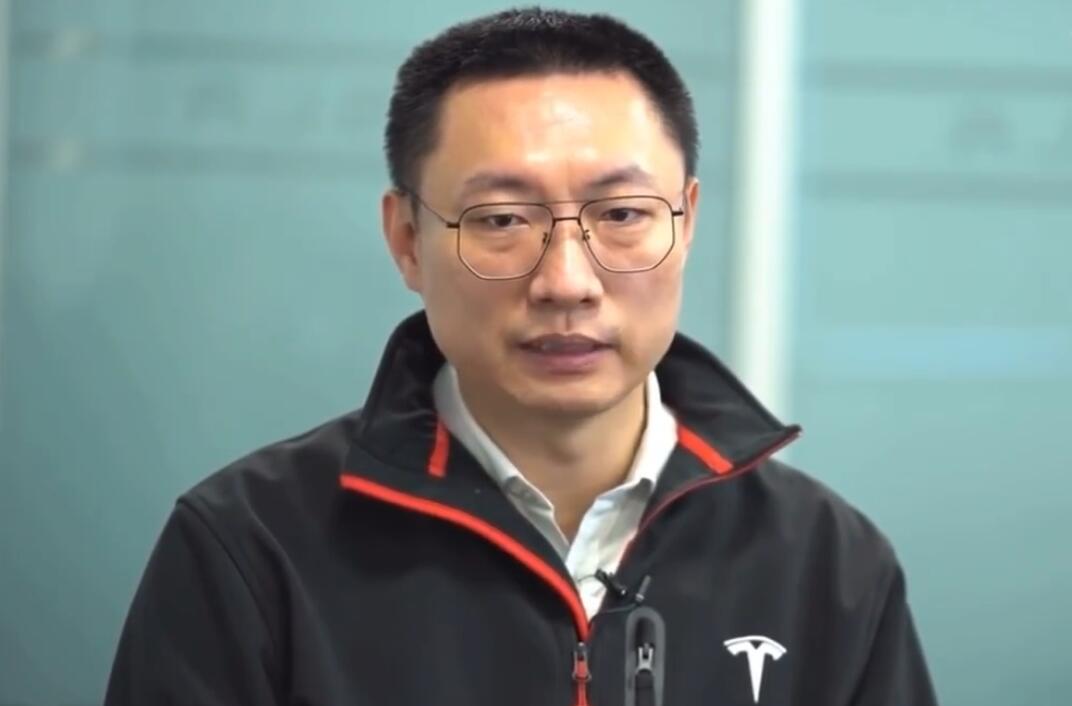
Arguably the most likely internal candidate, Tom Zhu serves as Tesla’s Senior Vice President of Automotive and heads global manufacturing. He earned widespread respect for his leadership at Gigafactory Shanghai, where he scaled production in record time during the pandemic, demonstrating discipline, pragmatism, and a results-oriented mindset. Since then, Zhu has quietly become one of the most powerful figures at Tesla, entrusted with overseeing key global operations.
Zhu’s style is a stark contrast to Musk’s chaotic genius. Where Musk is a high-risk visionary prone to public spectacle, Zhu is a quiet executor who gets things done behind the scenes. For some investors, that’s exactly what Tesla needs: a stabilizer who can bring manufacturing efficiency, cost discipline, and operational focus to a company that’s often defined by its CEO’s unpredictability. If Tesla is to weather future economic storms, Zhu’s calm and capable hand could prove indispensable.
2. Vaibhav Taneja – The Financial Architect
Tesla’s current Chief Financial Officer, Vaibhav Taneja, is another internal candidate who commands attention. Known for his meticulous command over Tesla’s financials, Taneja was promoted to CFO in 2023 after a successful stint as Chief Accounting Officer. He’s been instrumental in helping Tesla navigate cost pressures, inflationary environments, and the volatile pricing strategies that Musk often pushes forward.
Taneja represents continuity and control—two things the market desperately wants from Tesla. While he lacks the engineering or product background of Musk or Zhu, his deep understanding of Tesla’s books and its complex cost structures make him a compelling candidate for a CEO role, especially if the company were to shift toward financial optimization over product disruption. The idea of a "numbers-first" CEO, much like Tim Cook's approach at Apple, is gaining traction among conservative shareholders looking for steady growth.
3. JB Straubel – The Cultural Insider-Turned-Outsider

Perhaps the most intriguing name on the shortlist is JB Straubel, Tesla’s co-founder and former Chief Technology Officer. Though he left the company in 2019, Straubel remains on Tesla’s board and now serves as CEO of Redwood Materials, a battery recycling firm that complements Tesla’s sustainability goals. His name surfaces repeatedly in investor circles as the ideal "boomerang" leader—someone with deep institutional knowledge but fresh external experience.
Straubel has the trust of Elon Musk and was crucial in shaping Tesla’s technological foundations. His quiet demeanor, analytical mind, and steady leadership contrast nicely with Musk’s mercurial style. If Tesla were to require a smoother transition that still retains the spirit of innovation, Straubel could serve as a unifying figure—bringing continuity without controversy. His appointment would likely appease longtime employees and engineers, many of whom still revere his legacy.
4. Omead Afshar – The Musk Loyalist
A more unconventional choice, Omead Afshar has been one of Musk’s closest lieutenants and played a key role in the rapid development of Gigafactory Texas. Afshar is known for his ability to execute high-priority projects under extreme pressure and is often seen as a direct extension of Musk’s leadership style. That loyalty, however, may be both his strength and weakness.
On the one hand, Afshar could ensure Musk’s strategic vision continues without interruption. On the other hand, his close alignment with Musk could also perpetuate the very same issues investors are trying to move away from—namely, erratic management, unpredictable public statements, and distraction from core business objectives. Afshar is viewed more as a transitional or emergency leader than a long-term CEO, but his inclusion in private discussions underscores the loyalty-versus-change dilemma facing Tesla.
5. External Dark Horse – A Yet Unknown Stabilizer
While internal candidates dominate the current speculation, there is growing acknowledgment that Tesla may ultimately need to look outside its walls for a fresh start. The company's cult-like culture has its benefits, but some believe that only an outsider can deliver the objectivity and managerial structure needed to transform Tesla into a more mature, less volatile organization.

Potential external candidates would need to understand manufacturing, energy systems, and fast-moving tech environments. Names like Jim Farley of Ford or Mary Barra of GM are obviously unavailable, but their operational styles are examples of the kind of leadership Tesla might require. Some investors have even floated the idea of recruiting from the aerospace or semiconductor industries, where complexity and scale intersect with engineering rigor.
Such a move would mark a radical departure from Tesla’s Musk-centric identity—but for those who view Tesla’s stock price and valuation as dangerously dependent on one man’s persona, it may be the only path to sustainable growth.
Despite all this speculation, Elon Musk remains a towering figure. His genius, boldness, and marketing flair have made Tesla what it is today. Removing him entirely—or watching him walk away—would come with serious risks. Tesla’s brand, culture, and even its talent recruitment pipeline are deeply tied to Musk’s persona.
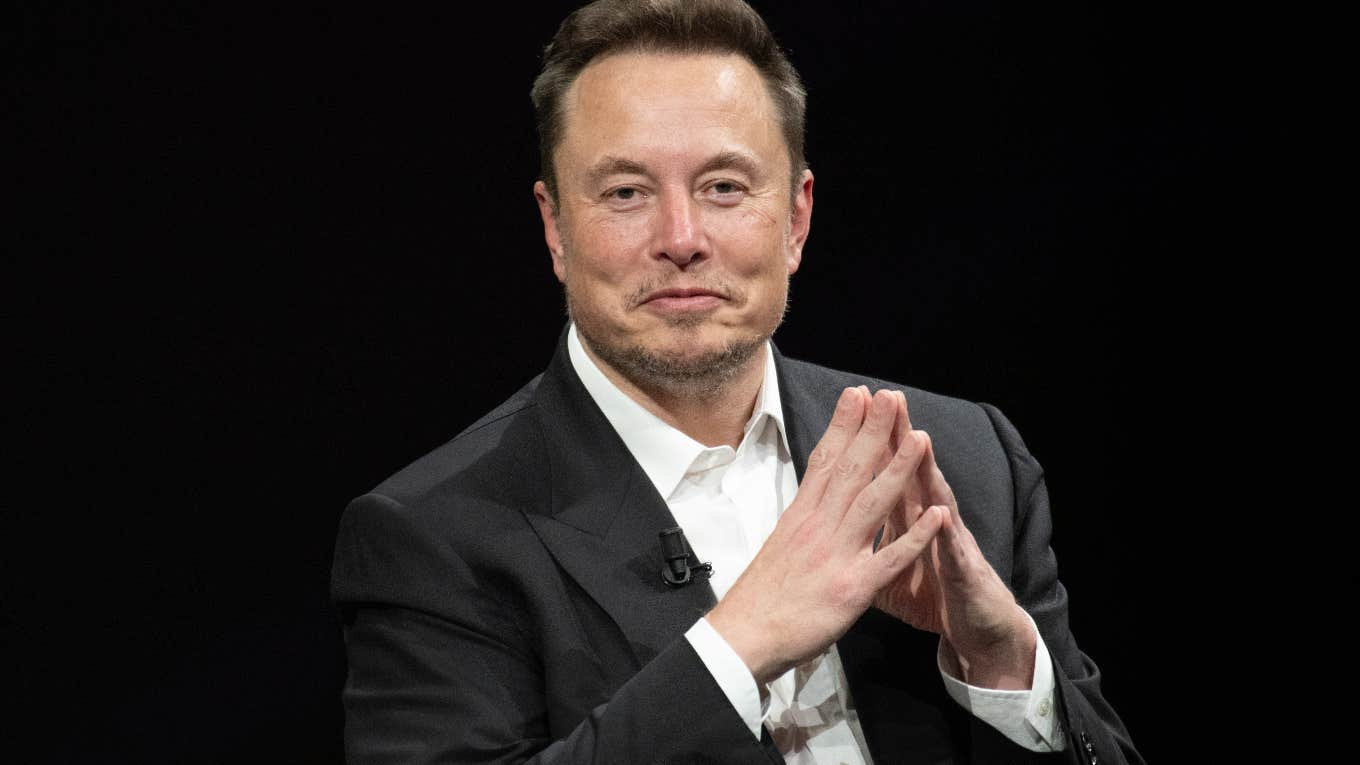
But as Musk becomes more involved in politics, space, and social media battles, the time he can devote to Tesla shrinks. Investors are starting to feel the tremors of a divided CEO, especially at a time when legacy automakers and Chinese EV giants are mounting credible challenges to Tesla’s dominance.
Tesla may not be planning for a transition publicly. But the world around it is. For the first time in years, serious conversations are being had about what a post-Musk Tesla might look like—and more importantly, who might be qualified to lead it.
Because while Elon Musk built Tesla, the next chapter may require someone else to keep it alive. And that chapter, some say, could begin as soon as tomorrow.
